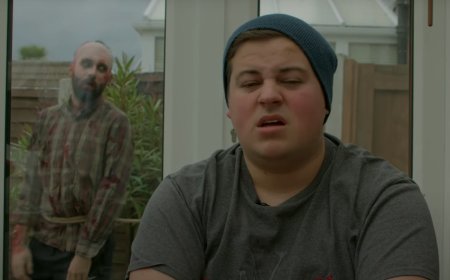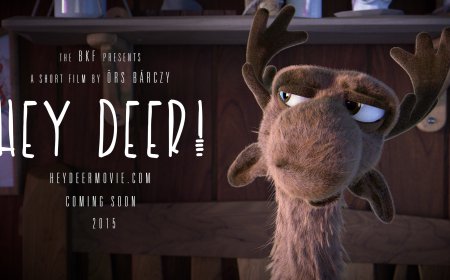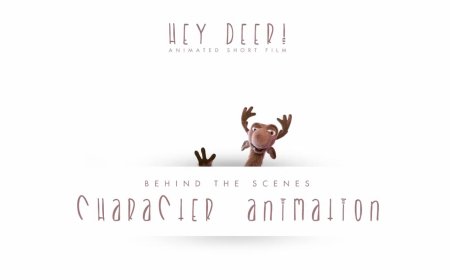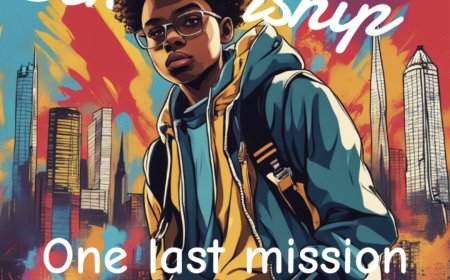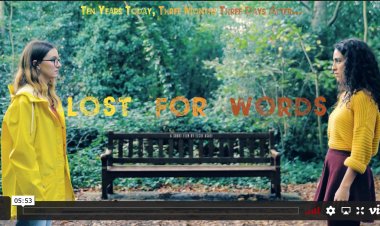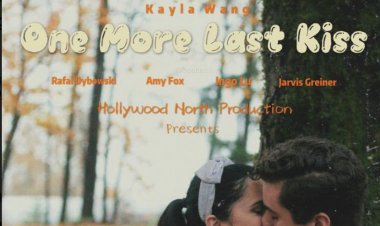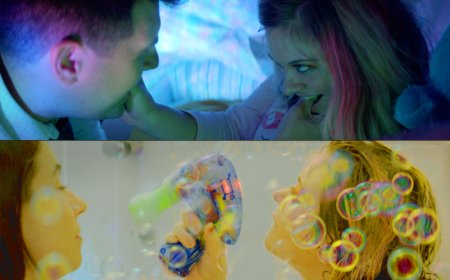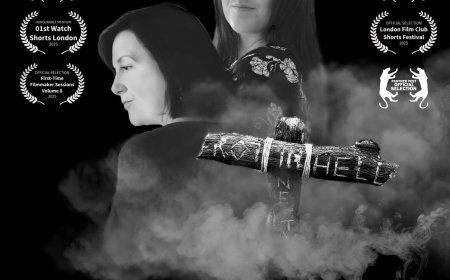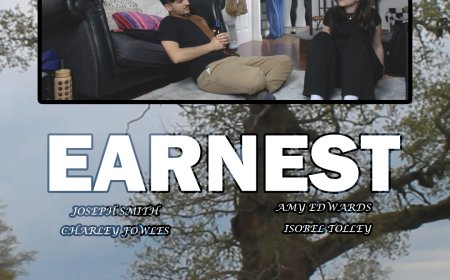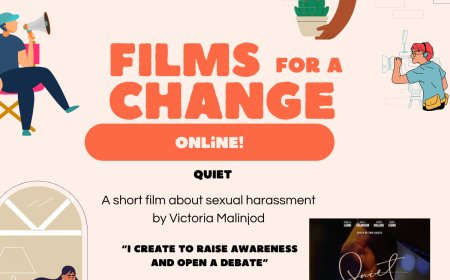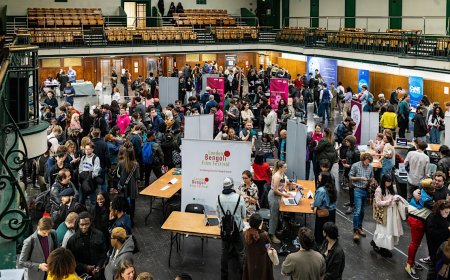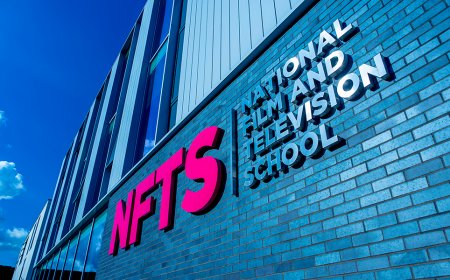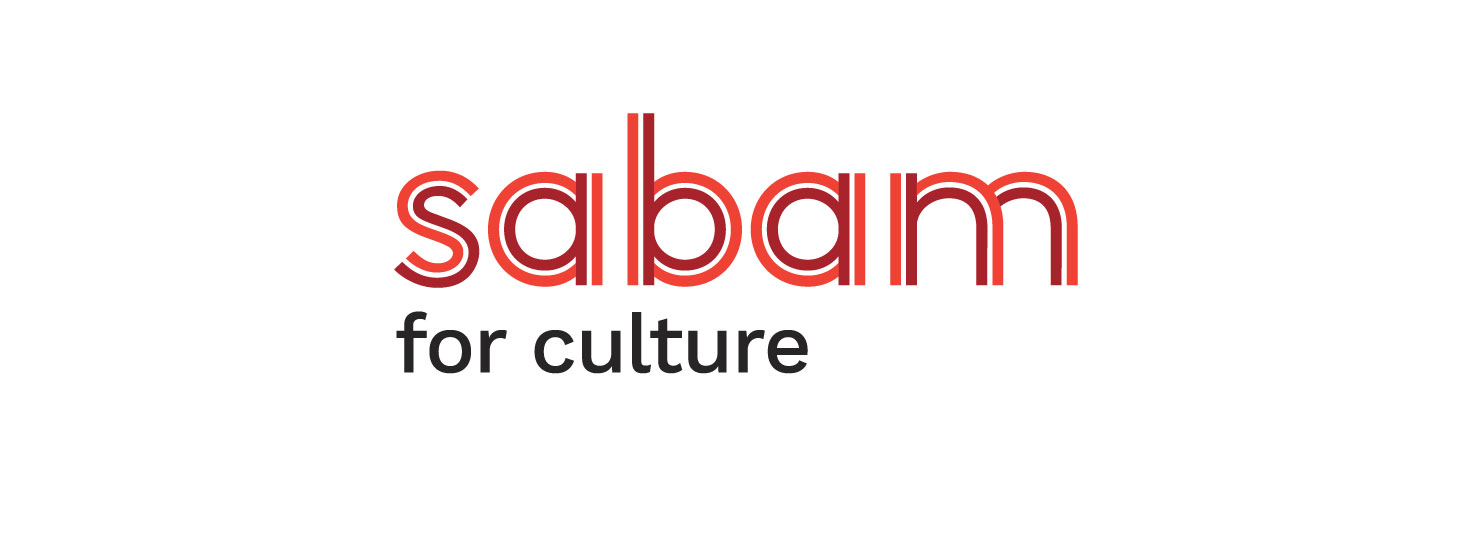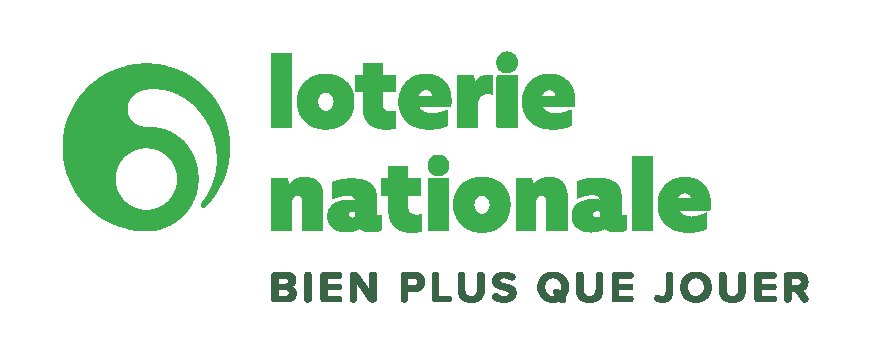The Unsung Hero of Cinema: A Day in the Life of a Film Programmer

A Day in the Life of a Film Programmer
Morning Rituals: Coffee and Screenings
Our day kicks off with a strong cup of coffee and a stack of films to watch. We dive into screenings, looking for those hidden gems that might just be the next big thing. It's not just about watching movies; it's about finding stories that resonate with our audience. We need to stay sharp and focused because every film we choose can make or break a lineup.
Afternoon Deliberations: Choosing the Lineup
After a morning of screenings, we gather to discuss our thoughts. This is where the real magic happens. We debate, we argue, and we defend our choices. It's a collaborative process, and sometimes we have to make tough decisions. We consider factors like audience preferences, the artistic value of the film, and how it fits into our overall program. It's a balancing act, but it's what makes our job so exciting.
Evening Events: Hosting Screenings and Q&As
The day doesn't end when the sun goes down. Evenings are for hosting screenings and Q&A sessions. We get to interact with the audience, hear their thoughts, and see their reactions in real-time. It's incredibly rewarding to see a film we've chosen resonate with people. Plus, these events help build a sense of community around our cinema. We might be tired by the end of the day, but it's all worth it when we see the impact of our work.
The Art of Curating: How Film Programmers Select Movies
Understanding Audience Preferences
We start our day by diving into what our audience loves. We read through feedback, check out social media, and even chat with moviegoers. This helps us get a sense of what people are excited about. Understanding our audience is key to making sure we pick films that will resonate with them.
Balancing Art and Commerce
Choosing films isn't just about what we like. We have to think about what will sell tickets too. It's a tricky balance between picking artistic films and those that will draw a crowd. We often find ourselves debating which films will hit that sweet spot of being both meaningful and popular.
Spotlighting Hidden Gems
One of the best parts of our job is finding those hidden gems. These are the films that might not have big budgets or famous actors but have something special. We love giving these films a chance to shine. It's like finding a diamond in the rough and sharing it with the world.
Challenges Faced by Film Programmers
Navigating Industry Politics
Navigating the film industry can be like walking through a maze. We often have to deal with various stakeholders, each with their own agendas. This can make it tough to stay true to our vision. Balancing these interests while maintaining the integrity of our selections is a constant challenge.
Dealing with Limited Resources
We don't always have the luxury of big budgets or endless resources. Sometimes, we have to make do with what we have, which can be frustrating. This means getting creative with our choices and often working long hours to make things happen. It's not easy, but it's part of the job.
Managing Audience Expectations
Our audience is diverse, and their tastes can vary widely. One of the hardest parts of our job is making sure we cater to everyone's preferences. We want to introduce new and exciting films, but we also need to keep our audience happy. It's a delicate balance, and we don't always get it right, but we try our best.
The Impact of Film Programmers on Cinema Culture

Preserving Cinematic Heritage
Film programmers aren't just tastemakers; they're the guardians of our cinematic heritage. They dig deep into the archives to bring classic films back to the big screen, ensuring that new generations can experience them. This role is crucial in a world where digital media often overshadows the magic of traditional cinema.
Influencing Film Trends
Programmers have a significant role in shaping film trends. By selecting and showcasing certain films, they can influence what becomes popular. This year, for instance, many films highlighted at major international festivals were chosen by dedicated programmers. Their choices help convey a filmmaker's message to the audience, making them just as important as film critics.
Building Film Communities
One of the most rewarding aspects of being a film programmer is building a vibrant film community. Through film festivals, community screenings, and alternative cinema programs, programmers create spaces where people can come together to enjoy and discuss films. These events often feature hidden gems that might otherwise go unnoticed, enriching our film ecosystem and fostering a love for cinema.
Want to learn more about programming at a film festival?
Read our full interview with short films programmer Thibeault Van de Werve
What's Your Reaction?
 Like
0
Like
0
 Dislike
0
Dislike
0
 Love
0
Love
0
 Funny
0
Funny
0
 Angry
0
Angry
0
 Sad
0
Sad
0
 Wow
0
Wow
0



